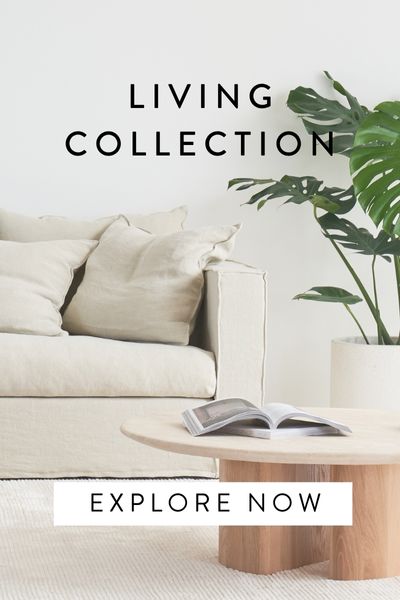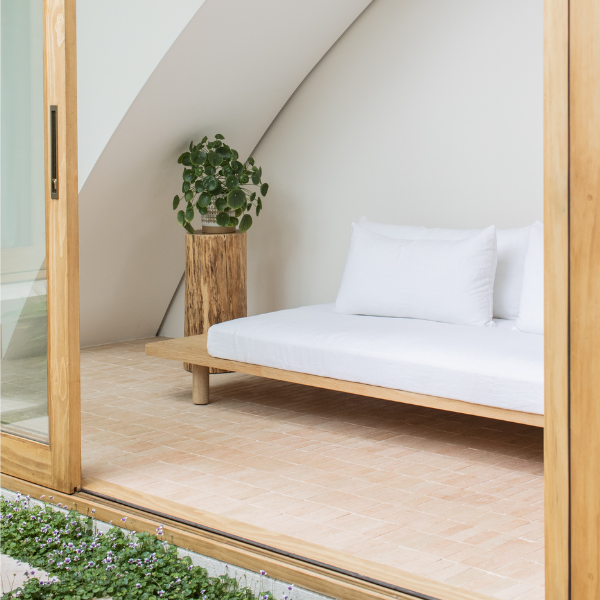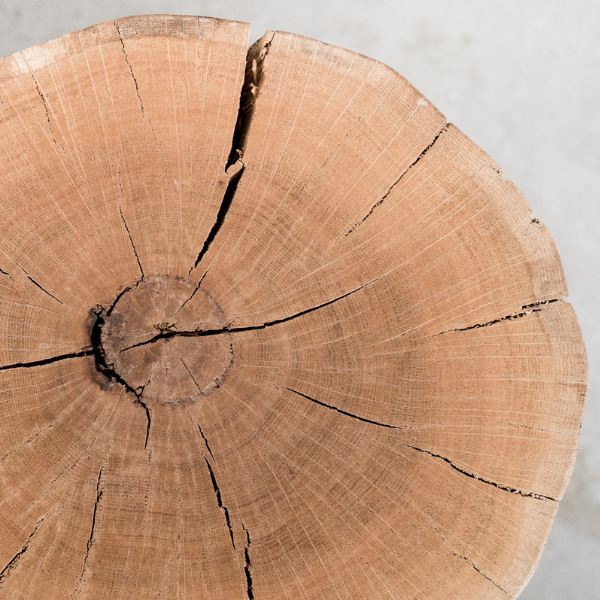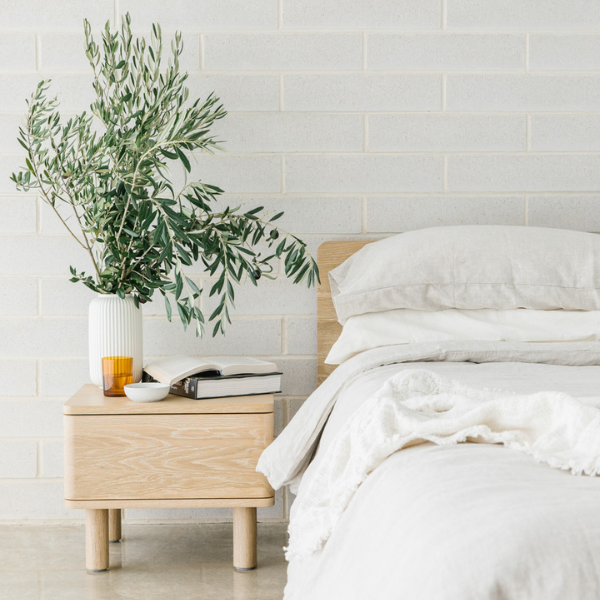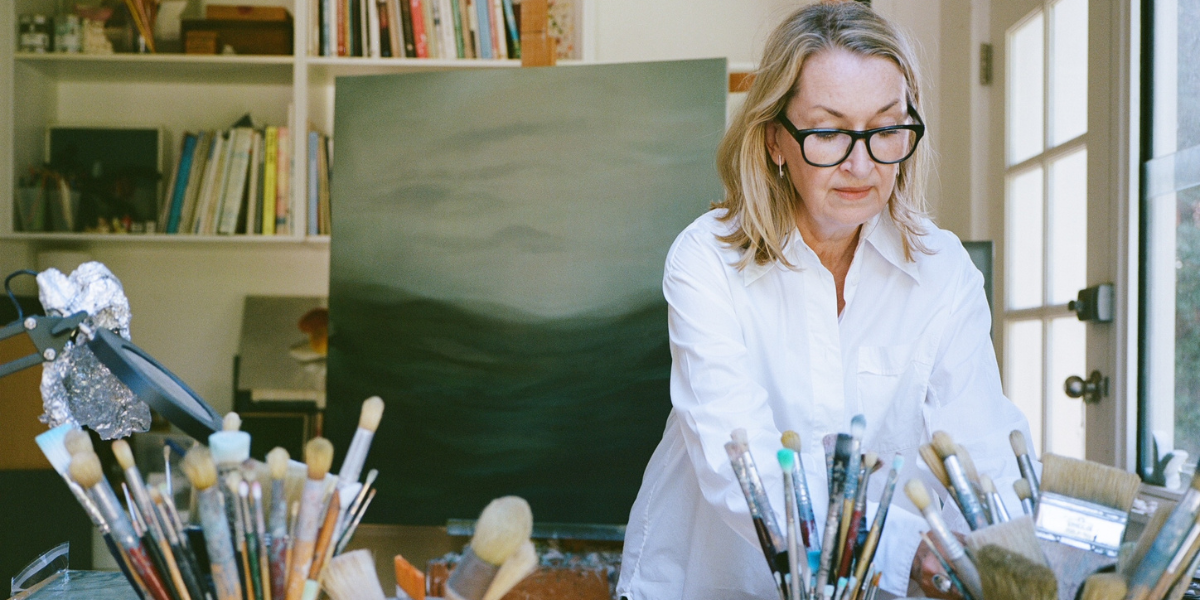
Award-winning Sydney based design agency Alexander &CO is renowned for its versatile, collaborative, strategic delivery across architecture, interiors, styling, visualisation, project management and branding. And recently, added new acclaims with B Corp Certification. Here, we speak to PR and Marketing Director, Tess Glasson who talks us through the motivation for applying for B Corp as well as what she hopes to see within the architecture and design space.
Congratulations on your recent B Corp Certification, Tess! As a fellow B Corp business, we know the huge task involved in the process all too well. Before we chat about what it means to be certified, can you please tell us a little bit about Alexander & Co?
Thank you! We are principally a design agency which focuses upon strategic solutions for spatial problems… I guess you could say. This sees us anywhere between urban planning, residential and commercial architecture & interior design, furnishing and lighting, and business strategy positioning for commercial projects. We have principally been a turn-key practice, but as our projects have grown we now also partner with other agencies in order to manage the increased complexity and geographic distance that has started to become a factor in our projects, interstate and internationally. And we are also a DDO or Deliberately Developmental Organisation.

Why did you decide to apply for B Corp Certification? Why was it important to you?
We began our B Corp journey out of our interest in ecological self governance. We are already carbon neutral, but I wanted to intensify the prudence we were able to bring to our supply chains and internal business measures, and how we managed ourselves laterally, business to business. This comes from a belief that bureaucratic governance has tended to move too slowly and with too little transparency. I am a believer in an Infinite Game, and sustainability is the cornerstone of this.
What are some of the key things within your business that you believe really model the requirements of a B Corp business?
Our DDO objectives of inclusivity, sustainability and individual development are a strength of our practice and were measured very highly. We are able to hold a very clear and transparent governance process, and support individual growth and opportunity. Ecologically we have much more work to do however. I think for us to bring excellence across our B Corp processes we need a much more clear expectation with regards to our projects ecological impacts, not just those of our practice which is fairly self sustainable with regards to its waste and energy consumption.

How does this extend to the projects you work on? Some builders, suppliers, may not be B Corp, how to continue your sustainability efforts with the teams you partner with?
This is really the place of growth we are now expanding into. We are in the process of changing how we manage supply chains by modifying our library processes, bringing greater scrutiny to the teams we work with and how we measure their impacts too. This is a vast exercise which we are in the earlier stages of. Ideally, we would be in a position to work laterally with B Corp or equivalent supply and consultant teams, and with clients who foster the same intention.
Do you think sustainability is becoming more important with new builds and renovations?
I see a broad interest but a constrained financial capacity within our current client base. Given the high cost of building at the moment resulting from supply impacts and a lack of scale and cost competitiveness within sustainability products and process, sustainability measures are currently only for those with a deep interest and the financial means to advocate for them.

What are some of the key factors a homeowner should consider when it comes to conscious and sustainable design?
I would recommend first just asking if the work can be minimised, adapted or otherwise altered to reduce its churn and waste production. Can we minimise what we need to do but still create the value needed? There are some really low hanging fruits when it comes to undertaking work, Iike solar power which is relatively inexpensive and technologically quite dependable, or geothermal. I think there is also the ability to reuse waste in some cases, and then I think generally bringing a more focused lens to material lifecycles. Where did they come from, how long will they last and where do they go?
To learn more about Alexander &CO, visit their website or follow them on Instagram.

